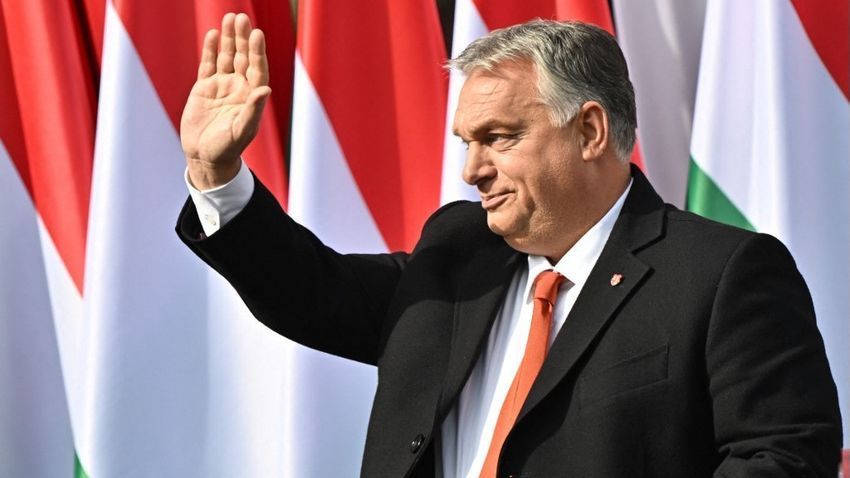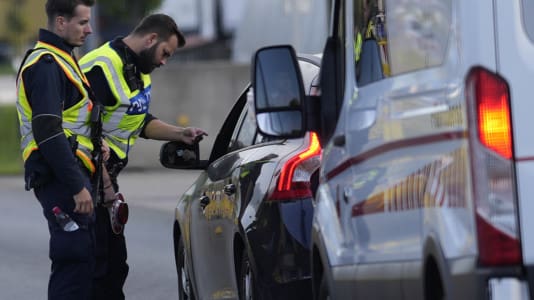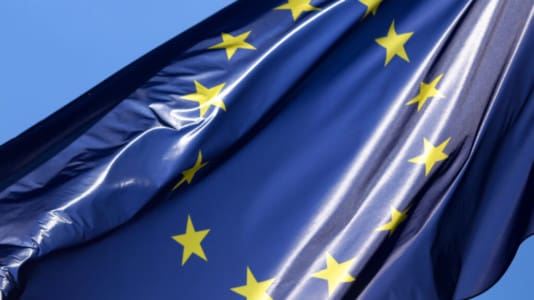Europe is no longer able to define its own interests let alone act upon them, Hungarian Prime Minister Viktor Orbán said in Zurich on Wednesday at the 90th anniversary of Swiss weekly Weltwoche.
He told attendees that Europe had “lost its capacity for self-determination,” adding that the continent no longer recognizes what its goals are and what means it must choose to achieve them.”
“What we see in Europe today is painful,” said the Hungarian leader, who insisted that European leaders had the ability to shape the continent’s destiny but were failing to do so and allowing forces from outside Europe to strengthen and dictate its place in the world.
“As a result, Europe is no longer in control of itself, the economic weight of the EU is steadily declining and the EU is clearly unable to cope with enlargement.”
The prime minister also noted that after the two World Wars, the Western half of Europe did not copy the Anglo-Saxon model, but followed a Christian-democratic model, which “created a specific European quality” and preserved the Christian tradition in the economy.
“The leaders of the time were able to represent European interests,” he said.
“In contrast, there is now a liberal-progressive domination in Europe,” Orbán claimed, underlining that after 1990, progressive-liberal forces took over and have attempted to export their principles to the non-Western part of the world.
The prime minister said that when a European politician talks about European values, it is usually in the interests of a large EU member state.
“Today, Europe is short of politicians, bureaucrats are everywhere,” Orbán lamented.
Answering a question about migration, Orbán said that by building its border fence, Hungary had established a strong defense that not only protects Hungary but also the Schengen Area and Germany.
The Hungarian leader added that it is not a good solution to continue receiving large intakes of migrants and Europe should instead focus on sending help to where it is needed.






